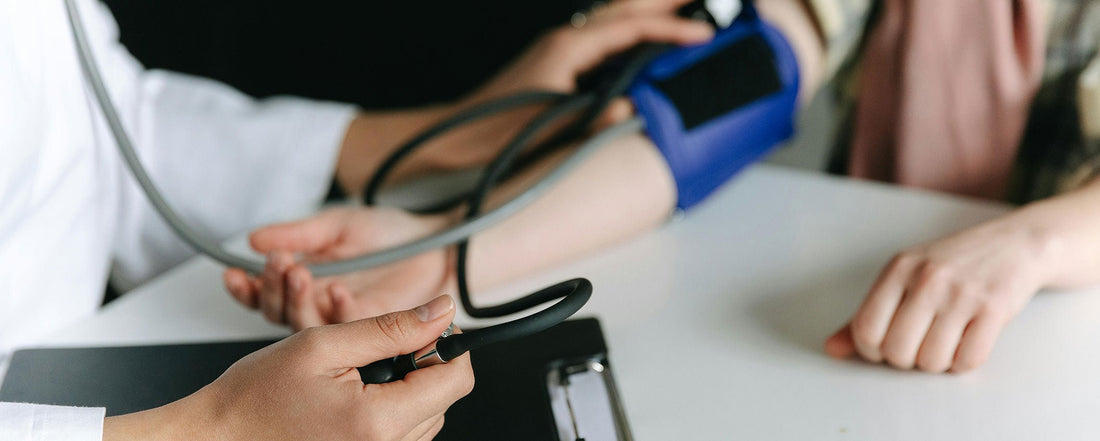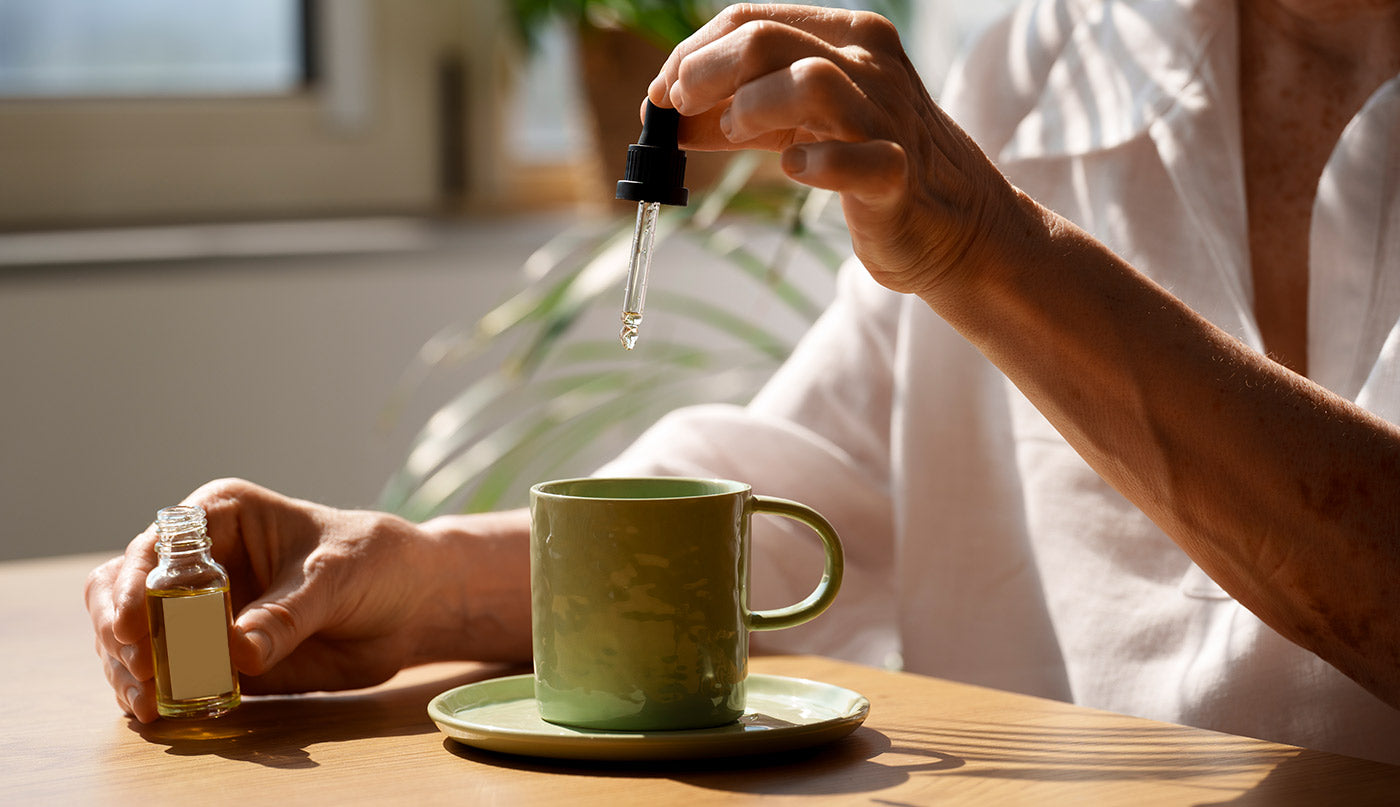
10 Essential Questions to Ask Your GP or Doctor about Alternative Medicine
If you're considering alternative medicine, having a candid conversation with your doctor is crucial. Here’s a guide to the key questions you should ask to ensure you’re making an informed decision.
1) Is Alternative Medicine Appropriate for My Condition?
Alternative medicine is not a one-size-fits-all solution. Your doctor can provide insights into whether your condition is among those that respond well to alternative treatments.
Begin by asking:
- What conditions is alternative medicine effective in treating?
- Is there evidence supporting its use for my specific condition?
2) What Are the Potential Benefits and Risks?
Understanding both the positive and negative aspects is essential, helping you weigh the pros and cons and set realistic expectations.
- What benefits can I expect?
- What are the potential side effects and risks?
3) How Will Alternative Medicine Interact with My Current Medications?
Are there any known interactions between alternative medicine therapies and your current medications? Your doctor can help navigate potential interactions and ensure your safety.
- Should I adjust my current medication regimen?
4) What Form and Dosage Are Right for Me?
Alternative medicine comes in various forms, including herbal remedies, supplements, and acupuncture. Getting the right form and dosage is crucial for efficacy and minimizing side effects.
- What form of alternative medicine would be most effective for my condition?
- What is the recommended dosage?
- How should I take or administer it?
5) What Should I Expect in Terms of Onset and Duration of Effects?
Knowing how quickly and for how long you’ll feel the effects can guide usage. This information can help you plan your usage to align with your daily activities and needs.
- How soon will I feel the effects?
- How long will the effects last?
6) Are There Any Legal Considerations or Requirements?
Alternative medicine regulations vary widely. Understanding the legal landscape is essential to ensure you comply with local laws.
- What are the legal requirements for obtaining and using alternative medicine in my area?
- Do I need a special license or prescription?
7) How Will We Monitor My Progress and Adjust Treatment?
Ongoing assessment is key to effective treatment. Regular check-ins can help optimize your treatment over time.
- How will we track my response to alternative medicine?
- What criteria will we use to evaluate its effectiveness?
- How often will we review and adjust the treatment plan?
8) Are There Lifestyle Changes or Precautions I Should Take?
Alternative medicine can affect various aspects of your life. Knowing these can help you integrate it safely into your routine.
- Should I avoid certain activities (e.g., driving) while using alternative medicine?
- Are there dietary or lifestyle changes that would enhance its effectiveness?
9) What Are the Costs Involved?
Cost is an important factor to consider. Understanding the financial implications ensures you can sustain your treatment.
- How much will alternative medicine cost?
- Is it covered by insurance or any financial assistance programs?
10) Where Can I Obtain Alternative Medicine?
Finally, knowing where to get your treatment or prescription filled is crucial. Your doctor can guide you to trustworthy sources.
- Can you recommend reputable suppliers or practitioners?
- What should I look for in a quality product or service?
Summary
Starting a conversation about alternative medicine with your GP or doctor can feel daunting, but asking the right questions can provide clarity and confidence.
By understanding the potential benefits, risks, legalities, and practicalities, you’ll be better equipped to make an informed decision about whether alternative medicine is right for you.
Remember, open and honest communication with your GP or doctor is the foundation of effective and safe treatment.

